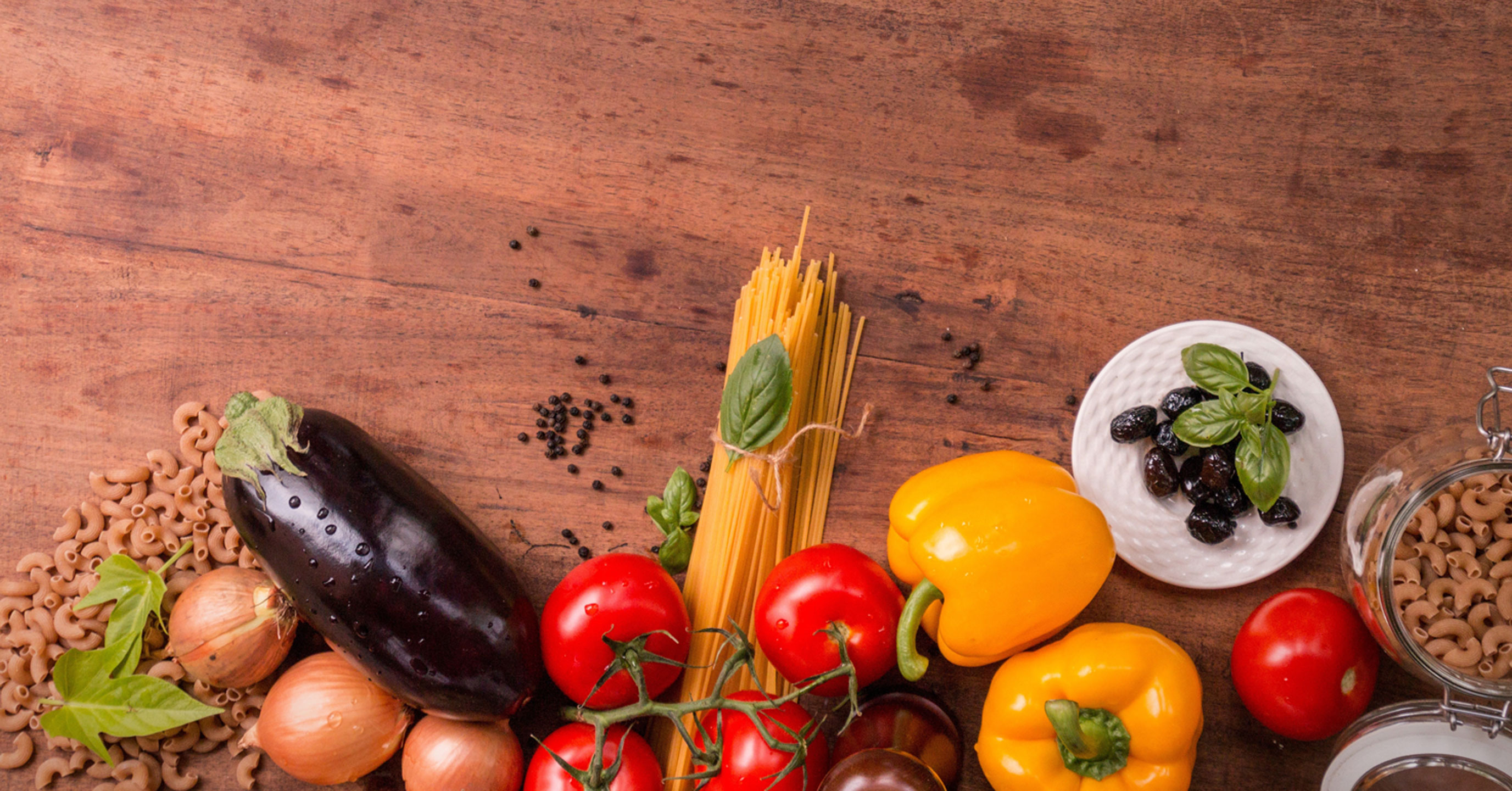
14 Aug Safe And Healthy Food Choices During Pregnancy
Here’s what to eat (and what not to eat) when you’re pregnant or trying to get pregnant.
A healthy, varied diet full of all the usual goodies (vegetables, fruit, dairy, carbohydrates and protein) is best if you’re pregnant. However, even the best pregnancy diet can’t give you all the vitamins you need.
If you’re planning to become pregnant, you need to start taking daily supplements. These are important for the first three months of pregnancy, during which babies’ organs form. Supplements include at least 400mcg of folate daily to prevent neural-tube defects such as spina bifida. If you have a family history of neural-tube defects, check with your doctor about how much folate you need.
Most doctors also recommend multivitamin tablets to prevent or correct deficiencies. Just make sure you choose a pregnancy-safe multivitamin, as large doses of Vitamin A can harm your baby.
As with all matters in relation to health and pregnancy, it is advisable to check with your own doctor before taking any type of supplement and for information about the best diet during pregnancy.
Things to avoid
Smoking: If you’re pregnant, or wanting to become pregnant, you need to quit smoking. There is no safe amount of smoking in pregnancy, and doing so can lead to multiple health issues in a baby, including premature delivery, low birth weight, breathing problems and sudden infant death syndrome (SIDS). If you need help to quit smoking, see your GP.
Alcohol: Although some people believe a little drink every now and then during pregnancy is okay, the National Health and Medical Research Council advises abstinence. This is because the amount of alcohol that causes foetal alcohol syndrome, which involves mental disabilities and other health issues, is unknown. Alcohol can also cause miscarriage and stillbirth.
Mercury in fish: While most fish species are low in mercury, some are higher, and too much mercury can cause neurological problems in your baby. It is recommended to eat only one serve of flake (shark) or billfish (swordfish or marlin) per fortnight, or one serve of catfish or orange roughy (deep sea perch) per week, or two to three serves of any other type of seafood per week.
Foods to avoid
It’s advised to avoid certain foods to reduce the risk of catching one of the three main food-related infections – listeriosis, toxoplasmosis or salmonella. Listeria is a bug found in contaminated food and can cause a flu-like illness that appears about one month after infection. If transmitted to your baby, listeriosis can lead to devastating outcomes such as premature labour, miscarriage or stillbirth.
The best way to prevent listeriosis is to avoid ready-made meals or food that’s been sitting in the fridge too long. Foods to avoid are cold meats, soft-serve ice-cream (which is kept at moderately low temperatures and can therefore be a breeding ground for listeria), pre-prepared salads (fruit or vegetable), cold seafood and soft cheeses such as feta, brie and ricotta.
Although the most common way to contract toxoplasmosis is by handling contaminated kitty litter, it can also be contracted by eating fruit and vegetables that haven’t been washed properly (they may have been sitting in contaminated soil). Another potential source is undercooked meat. Toxoplasmosis can lead to blindness or brain damage in a baby.
Salmonella is a common cause of food poisoning, and if contracted during pregnancy can cause miscarriage. Avoid raw egg in any foods (including salad dressings, mayonnaise and other sauces), only eat meat that’s been well cooked (not raw), and avoid raw/lightly cooked sprouts.
Food-safety rules
Apart from avoiding certain foods, you also need to follow some rules about food safety. These rules mainly help reduce the risk of listeria, but can also help prevent other harmful illnesses. And if you’re unsure about how old a certain food is, avoid it; as they say, it’s better to be safe than sorry.
- Always wash fruit and vegetables well before eating them.
- Store leftovers straight away and eat them within one day.
- Cheeses such as ricotta and feta should only be eaten if steaming hot and well cooked.
- Wash your hands well before preparing food, and reheat food until it’s steaming hot.
What about coffee?
One or two cups of coffee a day is fine, but studies show too much caffeine has been linked to miscarriage or premature birth. However, caffeine does not cause birth defects. According to the NSW Food Authority, pregnant women should not consume more than 200mg of caffeine per day, which is equal to about two-and-a-half cups of instant coffee, or four cups of tea.
Words by Evelyn Lewin

